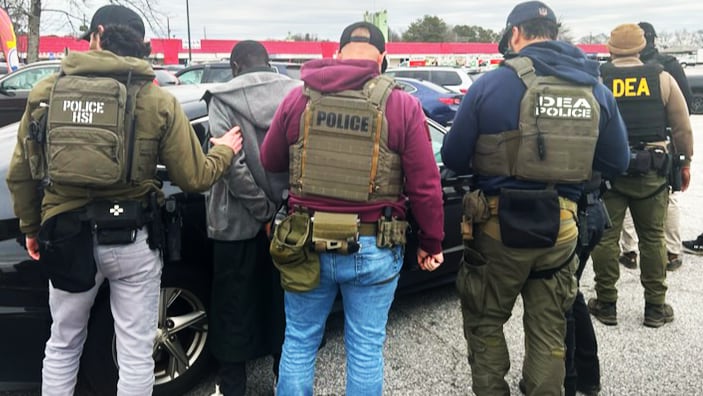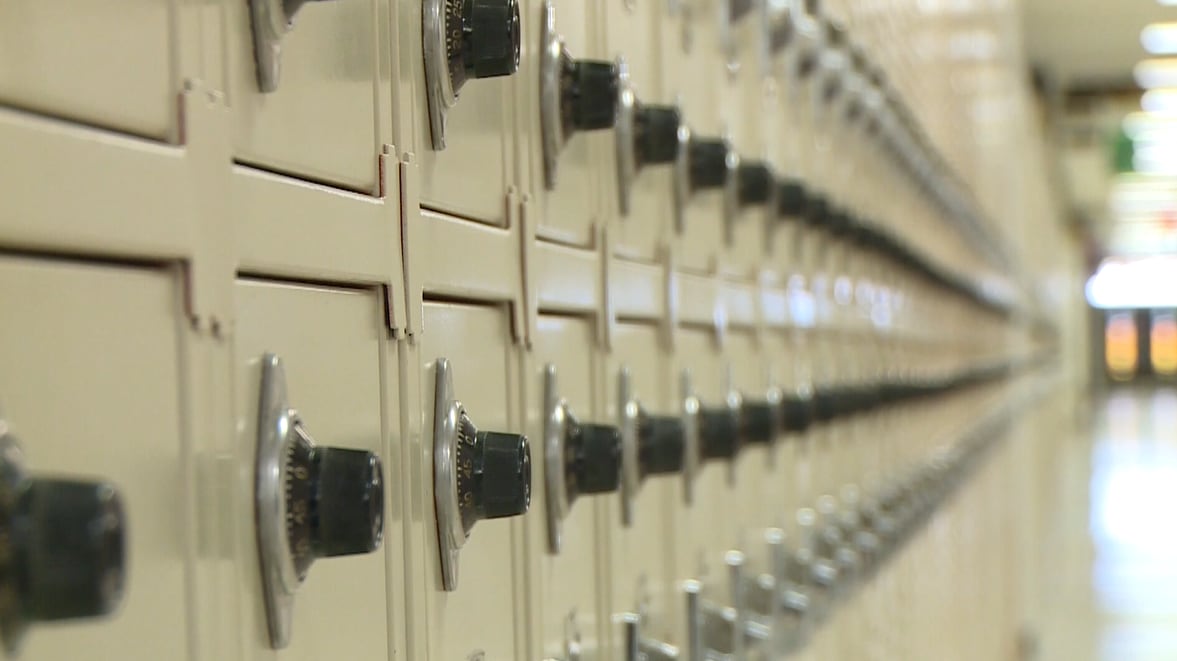Georgia state lawmakers want to limit lyrics’ use in trials
ATLANTA, Ga. - A group of Republican and Democratic state lawmakers have introduced a bill that would limit prosectors’ use of musical lyrics in trials against defendants.
The bill comes after Fulton County’s massive organized crime-related trial of international recording superstar Young Thug and the alleged Young Slime Life criminal gang.
While Young Thug (real name Jeffery Williams) and his co-defendants all took plea deals or were eventually exonerated in Georgia’s historically long trial, District Attorney Fani Willis and her office had planned to use rap lyrics as evidence of their alleged criminal involvement.
Ga. Latinos grapple with impact of immigration crackdown
It’s hard to ignore the impact increased immigration crackdowns are having on the Latino community, even those here legally.

“If you decide to it your crimes over a beat, I’m going to use it,” Willis said more than two years ago. “I’m not targeting anyone. You do not get to commit crimes in my county, and then get to decide to brag on it, which you do that for a form of intimidation and to further the gain and to not be held responsible.
“I believe in the First Amendment,” Willis said. “It is one of our most precious rights. However, the First Amendment does not protect people from prosecutors using it as evidence if it is such. In this case, we put it as ‘overt, predicate act’ in the RICO count, because we believe that’s exactly what it is.”
House Bill 237 was introduced Wednesday by state Reps. Kasey Carpenter (R-Dalton); Trey Kelley (R-Cedartown); Eric Bell (D-Jonesboro); Tyler Paul Smith (R-Bremen); and Spencer Frye (D-Athens). Carpenter is chairman of the House’s creative arts and entertainment committee.
The bill is designed to raise the level of difficulty for prosecutors to use artists’ creative expressions against them in a trial.
MORE FROM NEWS 12
Georgia: Latest from the state Capitol

- Georgia lieutenant governor aiming to aid parents through tax credits
- Men don’t belong in women’s sports’: Ga. bill unveiled
- Ga. lawmakers, families push to prevent another Apalachee
- Kemp announces new executive counsel and legal staff
- Kemp wants to curb lawsuits, but would that rein in insurance rates?
- Officials in Georgia discuss efforts to fight human trafficking
- Ga. lawmaker targets speed-trap towns, including 7 in CSRA
In 2022, Fulton County prosecutors included lyrics from Young Thug, referencing drugs and violence, as evidence of an “overt act in furtherance of a (gang) conspiracy.”
Defense attorneys countered Williams’ lyrics had nothing to do with his alleged crimes and use of the lyrics would sway the jury and prevent a fair trial.
The trial’s original judge, Fulton County Superior Court Judge Ural Glanville, had ruled some of Williams’ lyrics could be used in his trial.
How would Education Department’s end affect Ga., S.C. kids?
President Donald Trump says he may dissolve the Education Department, raising concerns among some parents and teachers in Georgia and South Carolina.

U.S. Rep. Hank Johnson (D-Georgia) has long argued rap music lyrics are unfairly used in judicial cases against musical performers. In the 118th Congress, Johnson and then-U.S. Rep. Jamaal Bowman (D-New York) reintroduced the Restoring Artistic Protection Act, or RAP Act. Bowman has since lost his reelection bid.
Similar legislation in a handful of states would require prosecutors to prove a defendant’s lyrics aren’t figurative, exaggeration or out-right fictional.
“Black history is under attack, Black culture is under attack, rap music is under attack,” Johnson said at the time the bill was introduced.
The RAP Act would have added a presumption to federal rules of evidence that would limit the issibility of evidence of an artist’s creative or artistic expression against that artist in court.
A study by University of Georgia law professor Andrea Dennis, who co-authored the 2019 book “Rap on Trial: Race, Lyrics and Guilt in America,” found roughly 500 criminal trial cases dating to the late 1980s in which rap lyrics were successfully used as evidence. Dennis and other advocates believe the cases, brought against mostly Black defendants, have led to unjust incarceration.
Copyright 2025 WRDW/WAGT. All rights reserved.















